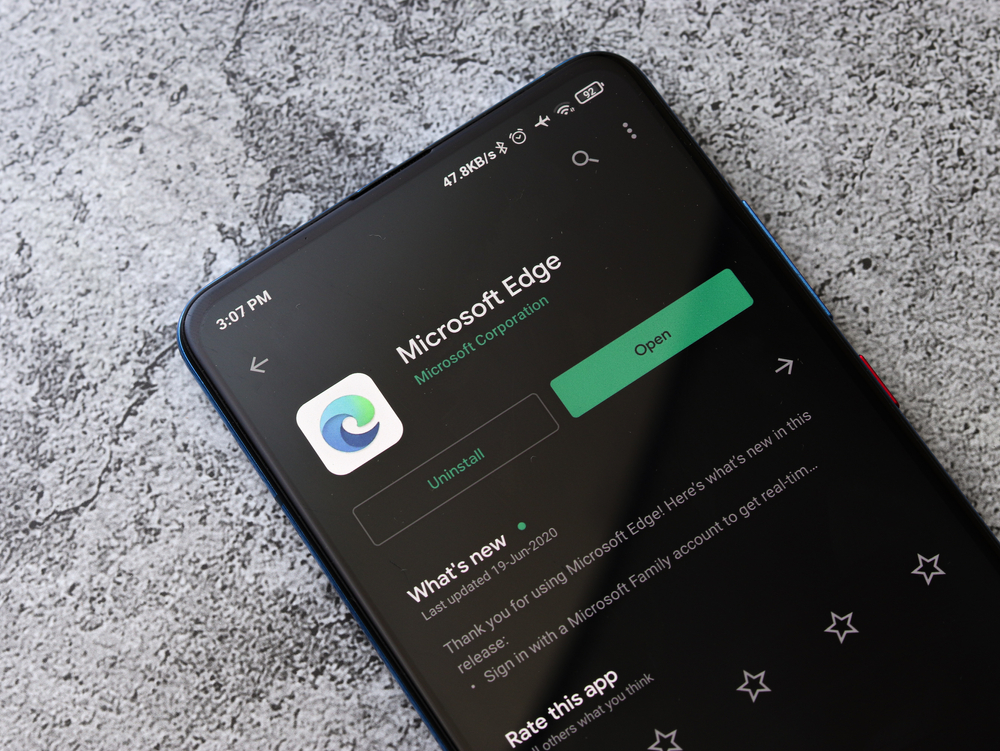Microsoft Edge browser has been found to leak URLs to Bing, raising privacy concerns among its users. The flaw was discovered by a security researcher who reported it to Microsoft.

How the URL-leak was discovered
The security researcher, who goes by the name of “TheWack0lian,” discovered the URL-leak while testing the browser’s security features. The researcher found that whenever a user types a URL into the address bar, Microsoft Edge would send that information to Bing, even if the user did not hit the enter key or visit the website. This means that Bing would have access to the URLs that users are typing, even if they don’t want to share that information.
What does this mean for users’ privacy?
The URL-leak raises concerns about users’ privacy, as Bing would be able to see what URLs users are typing. This could potentially allow Bing to track users’ browsing habits and build a profile of their interests, which could then be used for targeted advertising or other purposes.
What can users do to protect themselves?
Microsoft has acknowledged the flaw and is working on a fix, which is expected to be released soon. In the meantime, users can protect themselves by using a different search engine, such as Google or DuckDuckGo, or by using incognito mode when browsing the web. Another option is to disable the Bing search integration in Microsoft Edge, although this would prevent users from using Bing to search the web from within the browser.
The URL-leak in Microsoft Edge raises privacy concerns for its users, concludes NIX Solutions. While a fix is on the way, users can take steps to protect themselves by using a different search engine, using incognito mode, or disabling the Bing search integration in Microsoft Edge.
